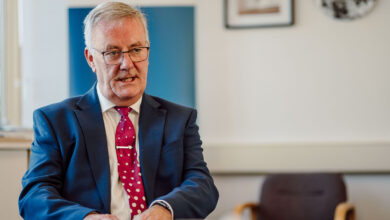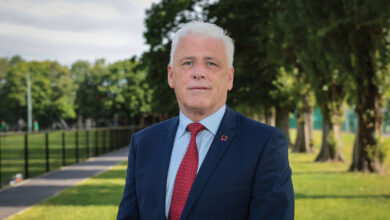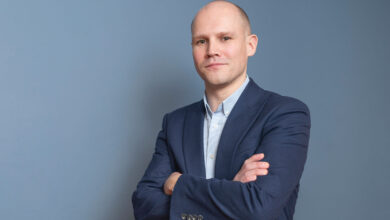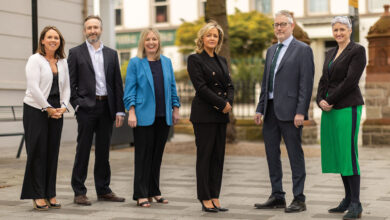PCC launches ‘People to Partners’ report
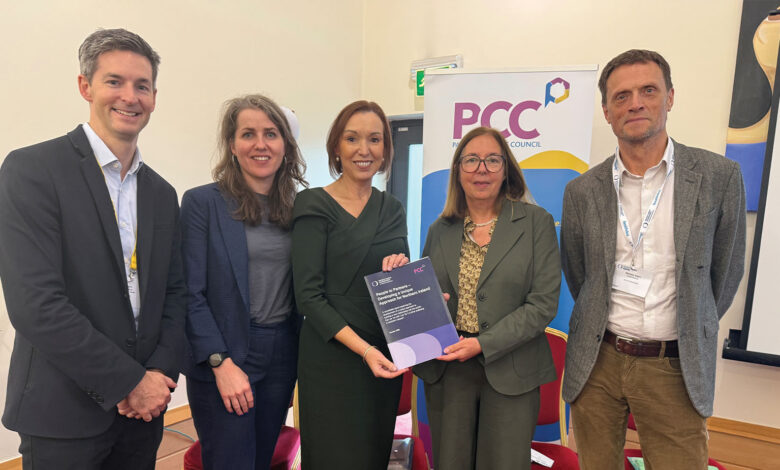
The Patient and Client Council (PCC) and the Northern Ireland Confederation for Health and Social Care (NICON) have launched a new report, People to Partners: Developing a Unique Approach for Northern Ireland.
The report is the outcome of a round table hosted at Hillsborough Castle in September 2025, where senior health and care leaders, thought leaders, representatives from local government, the community and voluntary sector, and leaders from wider Northern Ireland government departments came together to explore the potential collaborative advantage of a new relationship with the public in delivering public sector goals.
Participants strongly endorsed the ‘People to Partners’ approach, recognising it as a key opportunity to reshape services by embedding citizens as active partners in decision-making, design and delivery.
Meadhbha Monaghan, PCC Chief Executive says: “At PCC, we believe shaping health and social care services that are high quality, sustainable and meet the needs of the public, requires a shift in the relationship between the public and services to one of partnership.
“Our health and social care, and all public services, should be designed, delivered and assured in partnership with the public, embracing people as the assets they are. Communities hold significant knowledge and experience about their needs and what works. People are experts by experience in their own health and care.
“By fostering a partnership model that actively engages citizens, health and social care organisations can leverage the collective knowledge, skills, and resources of the communities they serve to deliver better outcomes. This is particularly urgent if we are to tackle persistent health inequalities, meet growing demands and support people to stay well by taking an active role in their health.
“Within health and social care, the PCC has been making the case for a more strategic approach to public participation, through which healthcare, and wider public services, ‘does with’ (and not ‘to’) the public to collectively tackle the challenges we face.
“We welcome the recommendation to develop a government-wide framework for a People to Partner approach. Key elements include collaborating closely with communities, deep understanding of people’s perspectives and expectations, and developing versatile responses tailored to individual needs. Next steps require socialisation of this idea and further engagement to identify the best way forward.”
The PCC and NICON are committed to working with stakeholders, policymakers and communities to advance the People to Partners agenda. The report will serve as a resource for leaders across Northern Ireland to drive meaningful change and strengthen partnership between the public and health and social care services.
The PCC has also published What the Public Think, a key findings report from a Northern Ireland-wide survey on people’s experiences, beliefs and understanding of health and social care, as well as the challenges of ‘winter pressures’. Notably, 45 per cent of respondents felt actively involved in their care. These insights provide an important regional baseline to inform initiatives such as the Big Discussion: Whole System Flow and the Minister for Health’s HSC Reset Plan reinforcing the need for a partnership-based approach to service design and delivery.
Both reports are available from www.pcc-ni.net
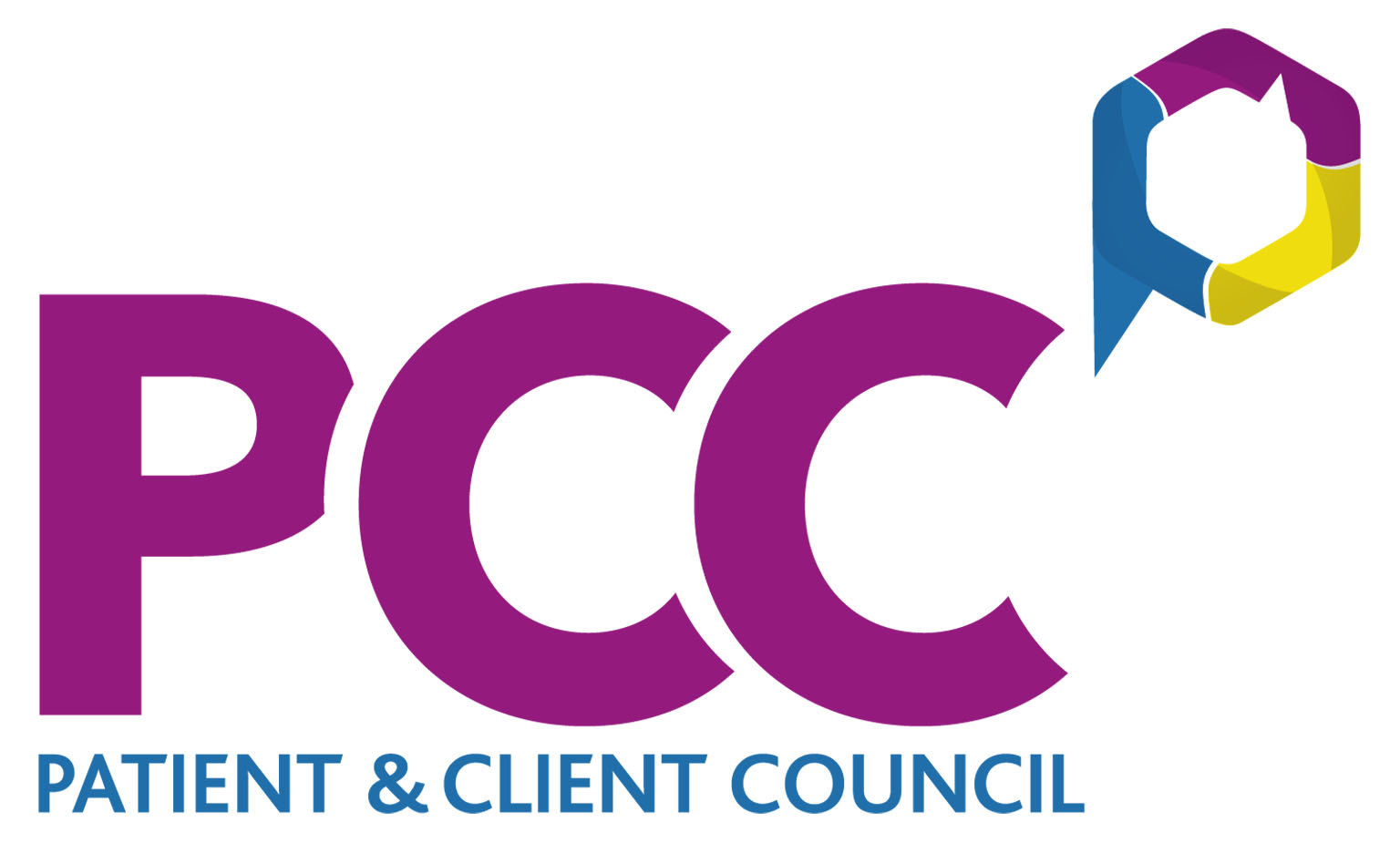
Peter Hutchinson, PCC Senior Policy, Influence and Impact Manager
Patient and Client Council 5th floor, 12-22 Linenhall Street, Belfast, BT2 8BS
T: 028 9536 0790
E: peter.hutchinson@pcc-ni.net

